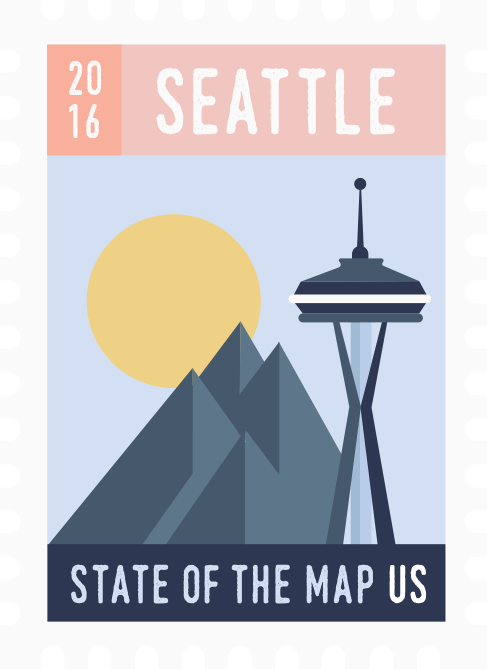OpenStreetMap and the Sustainable Development Goals
impact abroad
Tyler Radford 30min
This talk was transcribed.
In early 2017, the Humanitarian OpenStreetMap Team (HOT) made a commitment to the Global Partnership for Sustainable Development Data. As part of this process, HOT mapped its own work and that of its members to the 17 UN Sustainable Development Goals.
Incredibly - or perhaps not so surprisingly - it was found that HOT’s global community is contributing to nearly all of the goals – from measuring financial inclusion in Uganda (Goal 1 – No Poverty), to providing vocational training, decent jobs, and entrepreneurship opportunities (Goal 4 – Quality Education), to mapping the number of households, housing conditions and access to basic services in informal settlements in Dar es Salaam Tanzania (Goal 11 – Sustainable Cities and Communities). OpenStreetMap is front and center in each of these projects; contributing directly to several of the goals, enable data-driven decision making, and allowing real-time monitoring and evaluation of SDG progress.
HOT is well known for its disaster response capacity, but less know for the many other ways that it is using OpenStreetMap to contribute to the Global Goals. This talk aims to raise awareness of the many ways that OpenStreetMap data, and also the process by which it is generated, are contributing to a more equitable world.
